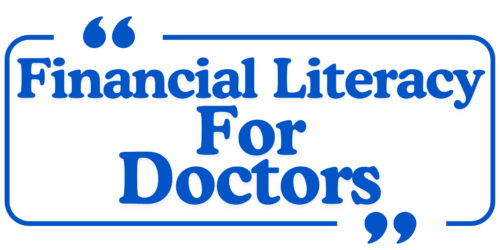As a doctor, your focus is often on caring for patients and managing a demanding career. However, taking the time to address your estate planning is crucial for ensuring that your assets are distributed according to your wishes and that your family is taken care of in the event of unexpected circumstances. Consulting an estate planning attorney is an important step, and having the right questions prepared can help you navigate the process effectively. Here are some essential questions to ask during your estate planning consultation.
1. What Documents Should Be Included in My Estate Plan?
A comprehensive estate plan typically includes several key documents. Ask your attorney to outline what specific documents are necessary for your unique situation. Common components may include:
- Will: Specifies how your assets will be distributed and appoints guardians for minor children.
- Trust: A legal entity that holds assets for beneficiaries, potentially providing tax benefits and avoiding probate.
- Durable Power of Attorney: Designates someone to make financial decisions on your behalf if you become incapacitated.
- Healthcare Proxy: Appoints someone to make medical decisions for you if you are unable to do so.
2. How Can I Protect My Assets from Creditors?
As a physician, you may be at risk of lawsuits or malpractice claims. It’s important to understand how to protect your assets. Ask your attorney about strategies such as:
- Asset Protection Trusts: Legal structures that protect assets from creditors.
- Limited Liability Companies (LLCs): A business structure that can shield personal assets from liabilities incurred by your practice.
- Insurance Coverage: Discuss the importance of professional liability insurance and personal liability coverage.
3. What Are the Tax Implications of My Estate Plan?
Tax considerations play a significant role in estate planning. Consult your attorney about potential estate and inheritance taxes and how to minimize them. Key questions to consider include:
- How can I leverage tax exemptions and deductions?
- What strategies can I employ to minimize my estate tax burden?
- Will my beneficiaries incur taxes upon receiving their inheritance?
4. How Can I Ensure My Healthcare Wishes Are Followed?
As a physician, you understand the importance of medical decisions and end-of-life care. Make sure to discuss your healthcare preferences with your attorney. Questions to ask include:
- How can I ensure my healthcare proxy understands my wishes?
- What should I include in my advance healthcare directive?
- How can I communicate my preferences effectively with my family and medical team?
5. Should I Consider a Trust?
Trusts can provide additional benefits, such as avoiding probate and offering more control over asset distribution. Ask your attorney:
- What types of trusts are available, and which would be most beneficial for my situation?
- How does a trust differ from a will, and why might I need both?
- What are the costs and responsibilities associated with setting up and maintaining a trust?
6. How Often Should I Update My Estate Plan?
Life circumstances change, and your estate plan should reflect those changes. Discuss with your attorney how often you should review and update your estate plan. Consider asking:
- What life events should prompt an immediate review of my estate plan?
- How can I ensure my estate plan stays current with changes in the law?
7. What Happens if I Become Incapacitated?
Understanding what happens if you become unable to manage your affairs is crucial for your peace of mind. Inquire about:
- What legal steps will be taken to manage my affairs if I become incapacitated?
- How can I specify my wishes for medical care in case of incapacitation?
8. What Are the Costs Associated with Estate Planning?
Understanding the financial implications of estate planning is important. Ask your attorney about:
- What is the estimated cost for creating my estate plan?
- Are there ongoing costs associated with maintaining a trust?
- How can I budget for estate planning services?
Final Thoughts
Consulting with an estate planning attorney is a crucial step in ensuring your wishes are carried out and your family is protected. By asking these essential questions, you can gain valuable insights into your estate planning options and make informed decisions that reflect your unique circumstances as a doctor. Taking the time to establish a comprehensive estate plan will provide peace of mind for you and your loved ones.
Written by Pat Brown, MBA
